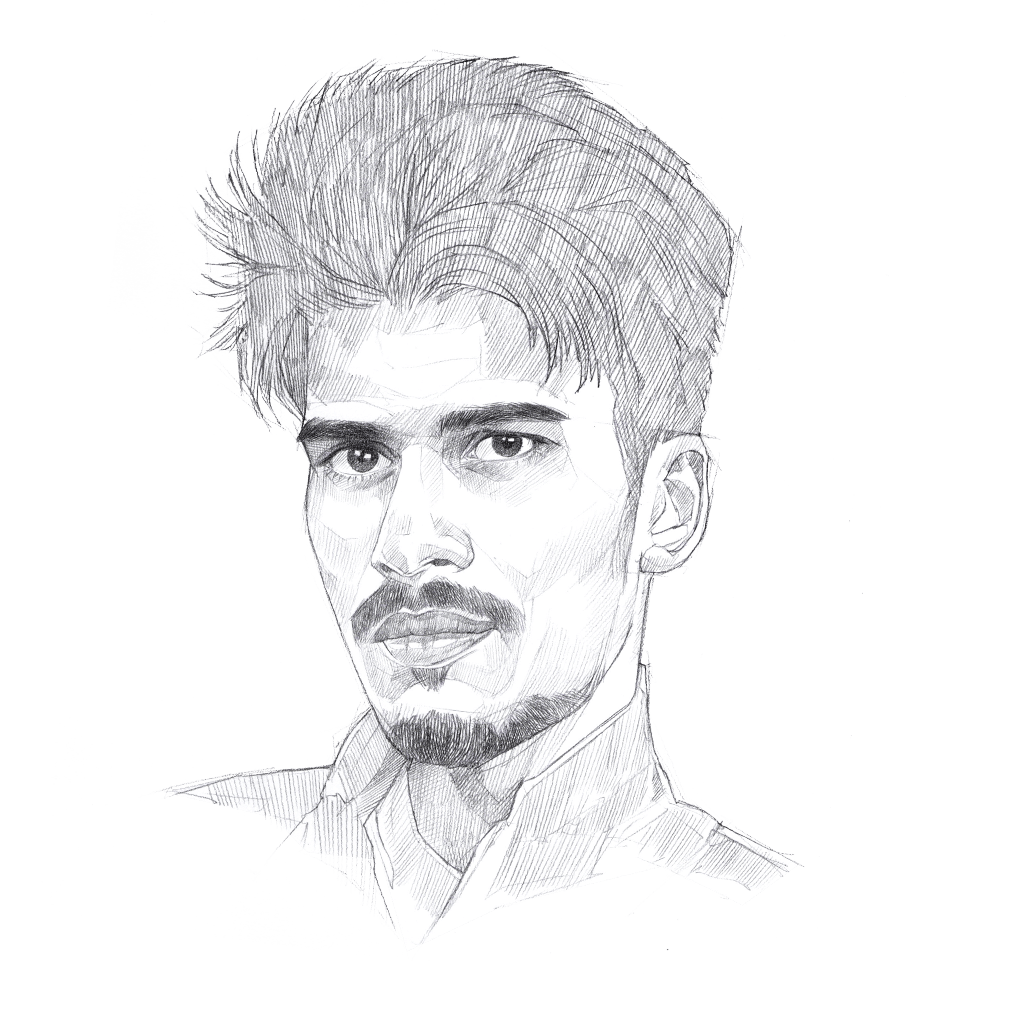Recommendation Resources
Best Practices in Providing Culturally Responsive Interventions (Jones, 2014).
Under the heading "Apply Culturally Responsive Microskills," Jones (2014) describes how open-ended questions and collaborative communication can work well to meet the needs of students across a range of cultures that may have very different expectations for support. The chapter "Best Practices on Providing Culturally Responsive Interventions" appears in Thomas & Harrison's edited volume Best Practices in School Psychology (6th Ed.), published by NASP.
Sexual Assault Nurse Examiner (SANE) Program
As stated at this link, "Sexual Assault Nurse Examiners (SANEs) are registered nurses who have completed specialized education and clinical preparation in medical forensic care for patients who have experienced sexual assault or abuse. Delivered through contracted service providers, on-call SANE nurses provide immediate care within seven days of a sexual assault to people who would like supportive care, including medical attention, information about resources, as well as the option to have forensic evidence collected." This webpage provides information about the SANE program in Nova Scotia, including how to access services.
Keep.meSAFE
Keep.meSAFe is a Mental Wellness Student Support Program offered by the insurance company guard.me. Students can only access this service if their university pays for access to it. According to the Keep.meSAFE website, "keep.meSAFE’s innovative Student Support Program (SSP) helps students by promoting early intervention and 24/7 access to mental health support. We help students manage their mental health so they can fully participate in academic life and complete their studies. keep.meSAFE is the first support program to use linguistically and culturally matched licensed clinicians, providing your students a welcoming place where they are comfortable to seek help."
Nonconsensual Intimate Image Distribution in Canada (Dr. Alexa Dodge)
This VAW Network video discusses "options and opportunities for responding to nonconsensual intimate image distribution outside of the criminal law."
CyberScan
According to the CyberScan homepage, "If you’ve been bullied online or had intimate pictures of you shared without your consent, you’re protected under the law. [...] If you believe you are the victim of cyberbullying or that an intimate image of you was shared without your consent, CyberScan can help."
Sun Devil Support Network
Arizona State University has an active peer support network that could serve as an example for this kind of program.
Waves of change program
According to this webpage, "The Waves of Change Bystander Intervention (Waves of Change) Program is a peer-facilitated, violence prevention program offered in partnership with universities and colleges across Nova Scotia." It's modules include 1) Basic bystander, 2) Alcohol and sex, 3) Advanced bystander intervention, 4) Creating communities of accountability, and 5) Creating social change.
Supporting Survivors of Sexual Violence: A Nova Scotia Resource
According to its homepage, "This training is designed to help you learn more about sexual violence and how to support someone who has survived it. It is for service providers, friends, family members, neighbours, teachers, first responders, counselors, and anyone who is acting as a support person, or is concerned about sexual violence." The modules you will find in this free training include 1) Sexual Violence: An Introduction, 2) Responding to a disclosure, 3) Choices following sexual violence, 4) Exploring sexual consent, 5) Enhancing the wellbeing of support people, 6) Indigenous perspectives, 7) African Nova Scotian perspectives, 8) Understanding the sexual exploitation of youth: An introduction.

